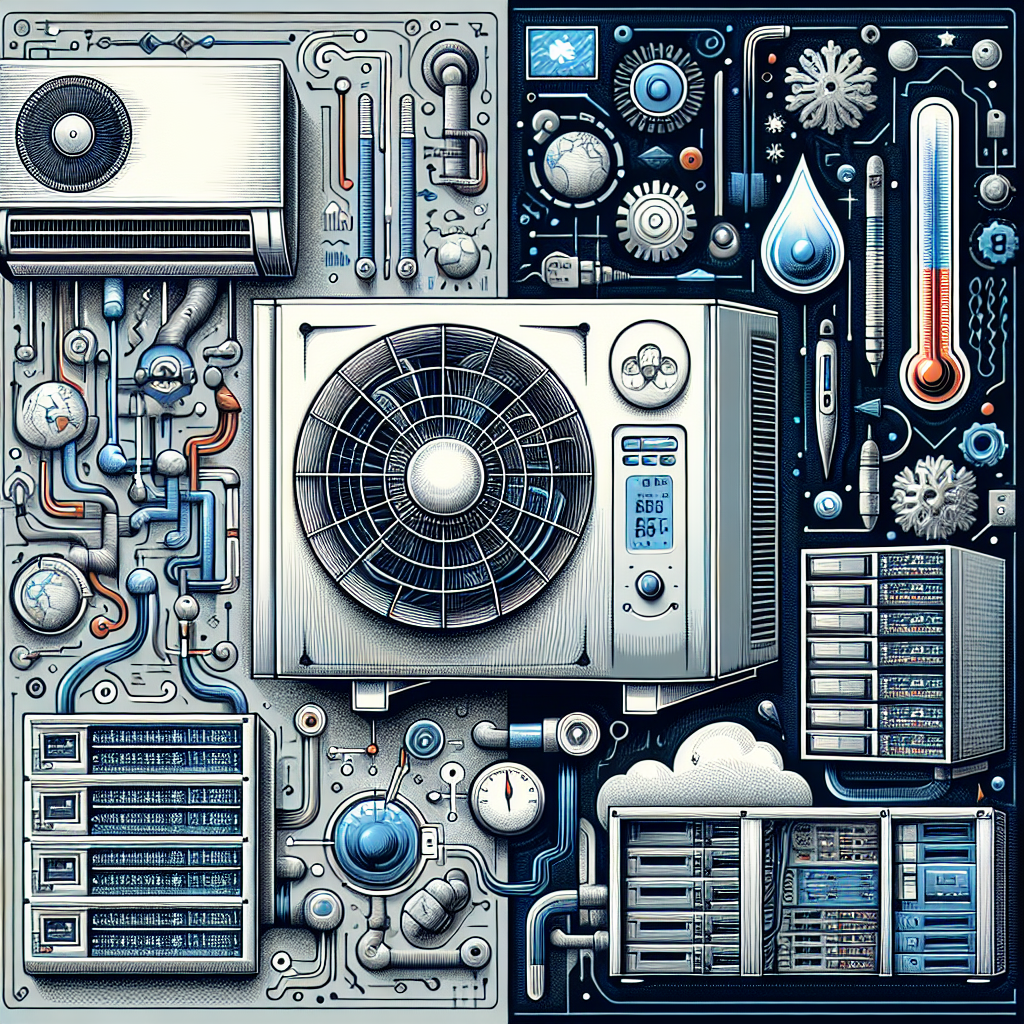Data centers are the backbone of modern businesses, housing the critical infrastructure that supports the digital operations of companies around the world. To ensure the continuous and reliable operation of these data centers, it is essential to have effective cooling systems in place. HVAC (heating, ventilation, and air conditioning) systems play a crucial role in maintaining the optimal temperature and humidity levels within data centers, which are vital for the performance and longevity of the equipment housed within them.
The impact of HVAC systems on data center reliability cannot be overstated. Without proper cooling, data center equipment can quickly overheat, leading to system failures, downtime, and potential data loss. In fact, research has shown that cooling-related issues are one of the leading causes of data center outages, with some estimates suggesting that up to 50% of all downtime incidents can be attributed to cooling system failures.
One of the key ways in which HVAC systems contribute to data center reliability is by regulating the temperature within the facility. Data center equipment generates a significant amount of heat during operation, and if this heat is not effectively removed, it can lead to thermal stress and premature failure of the equipment. HVAC systems help to dissipate this heat, maintaining a consistent temperature range that is conducive to the optimal performance of the servers, storage devices, and networking equipment within the data center.
In addition to temperature control, HVAC systems also play a critical role in managing humidity levels within data centers. High humidity can lead to condensation, which can damage sensitive electronic components and cause corrosion of equipment. Conversely, low humidity can increase the risk of static electricity discharge, which can also damage equipment. By maintaining the right balance of humidity, HVAC systems help to protect data center equipment from these potential risks, ensuring the reliability and longevity of the infrastructure.
Furthermore, HVAC systems can also contribute to energy efficiency and cost savings in data centers. By using advanced cooling technologies, such as economizers and variable speed fans, HVAC systems can optimize energy consumption and reduce operational costs. This not only benefits the bottom line of data center operators but also helps to reduce the environmental impact of these facilities by lowering their carbon footprint.
In conclusion, the impact of HVAC systems on data center reliability is undeniable. By maintaining the optimal temperature and humidity levels within data centers, HVAC systems play a crucial role in ensuring the continuous and reliable operation of the critical infrastructure that supports modern businesses. Investing in high-quality HVAC systems and implementing best practices for cooling system management can help data center operators mitigate the risk of downtime, protect their equipment from damage, and improve energy efficiency in their facilities.


Leave a Reply